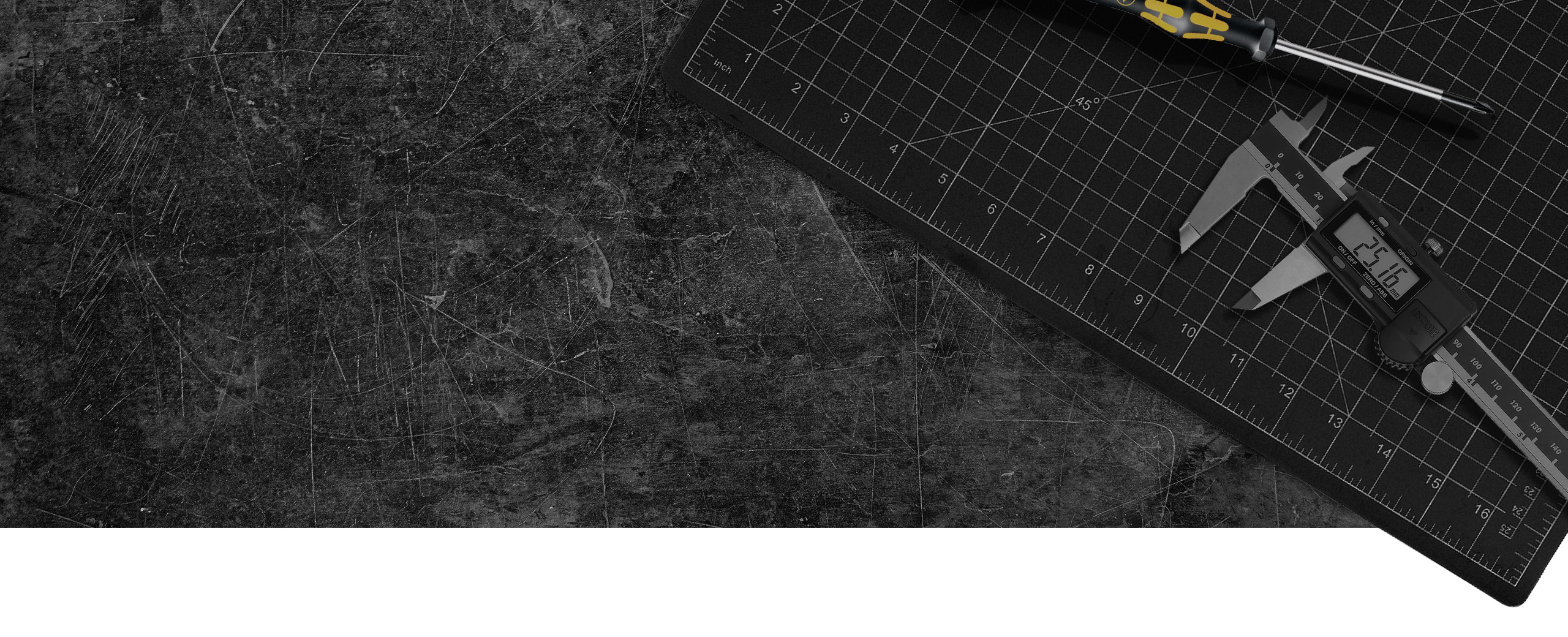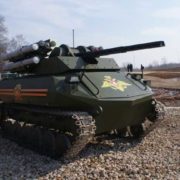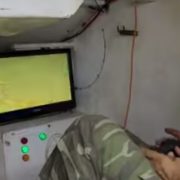“What’s the point of having this superb military that
you’re always talking about if we can’t use it?”
Madeleine Albright, former Secretary of State
Recent attacks by terrorists have highlighted the issues of ISIS and the eternal mess that is the Middle East. Why does it seem that we have no good options for fighting ISIS? Why can’t we use our enormous resources to exert our will?
Contrary to what you have heard, we are not “doing nothing” about ISIS. The US and its allies have launched 6,700 airstrikes in the last year. Well-known intelligence analyst Jane’s estimated that ISIS has lost 9.4% of its territory (US estimates are higher). Indeed, some think that the attacks in Paris were done to bolster ISIS’s image in the face of battlefield losses.
Yet, victory against ISIS still seems far away. Considering our enormous military budget, shouldn’t we be getting more bang for the buck? What’s wrong with us? Why can’t our military fix this?
And the problem is not just ISIS. Copious amounts of blood and treasure devoted to Iraq have not yielded positive results. Is our Defense budget a waste of money? Do we need a bigger budget? Why can’t we win?
Incompetence
I asked for the opinion of Robert Culver, AMREL’s Director of Business Development Programs (DOD), who has had a long career in both Pentagon procurement and the Army. Culver replied:
“The problem is: I think we have lost our doctrine. By our doctrine, I mean military doctrine. We’ve replaced military doctrine with political doctrine or convenience. Rumsfeld’s decision to use smaller quantity of forces at the onset of Operation Iraqi Freedom was not based on Military Doctrine. It was based on political optics.”
In the lead up to the Iraqi invasion, Army Chief of Staff Shinseki advocated the deployment of hundreds of thousands of soldiers. Critics charged that Shinseki was forced into early retirement because his views clashed with the Bush administration who wanted minimal levels of troops. This perfectly illustrates Culver’s point about the dominance of political doctrine over military.
Culver holds critical views about certain members of the military leadership, political class, and commercial interests. He feels that there is pattern of suborning national interests to personal political goals and interests. Furthermore, the absence of commitment and realism by the public has abetted the lack of integrity in leadership.
Boots on the ground
I asked Culver to assume a perfect world in which our political and military leadership were fully competent and the public had realistic ideas about our capabilities. What would our actions against ISIS look like? Culver drew heavily from the ideas of Leonard Benton, a retired Army NCO, and answered:
“Amphibious Landing. Establish Beachhead. Seize port facilities. Move forward. Clear and establish and expand foothold. Invite any of the Syrians that want to be safe to come inside the containment area, employ them to help expand the safe zone/containment area. Continue to expand and also repatriate Syrian refugees from Europe. Eventually the safe zone will occupy most of Syria. Which means we’ve displaced Daesh and safeguarded Syrian lives at the same time. And yes, we would be the ‘occupying forces’ for a while, despite the worldwide criticism that would ensue. The US would bring in civilians (you know, like W.E. Deming) and help train the Syrian people to build their economy. Our military would continue to police and provide security whilst civilian police experts are brought in to establish police academies etc. Eventually we would hand over control of small portions of Syria to the Syrians until all we have are the port facilities. Eventually we would withdraw completely or maybe the Syrians would invite us to stay.”
Students of counter-insurgency will recognize this as a variation of classic oil-spot strategy. It also mirrors fairly closely what retired Army Col. Jack Jacobs (now a military analyst for the media) has said:
“…we’d need several hundred thousand troops on the ground. It would take another commitment of ten years…. you’re not going to be able to do it by dropping conventional bombs on people. Militarily, the only purpose for bombs is to pave the way for people on the ground to seize and hold terrain long enough to create an environment in which there can be a real government to take out the trash. We’re not doing it and it takes a quarter of a million people to do it just in Syria.”
The American people
I am sure most of you have spotted the flaw with this strategy. The American public is exhausted of war. We have no appetite for another long, expensive invasion that places our soldiers in harm’s way. This suggests that this really is a problem of politics and leadership, as Culver has said.
Or maybe not. Maybe the American people are right, and ISIS doesn’t pose enough of a threat to warrant sacrifice on national scale. Whatever the wisdom this lack of martial initiative may or may not posses, very few politicians, despite their bellicose talk, are willing to advocate this type of commitment.
If the American people lack the will for overseas operations, is our military worthless? What’s the point of our military, if as Albright says, we don’t use it?
If you want peace, prepare for war
I always hated the above truism. Arms build-ups frequently precede war. What one side sees as defensive measures, its neighbor sees as offensive threats, which then justify their own war preparations. By and large, history makes a mockery of “arming for peace.”
However, when considering the current state of military affairs, I must admit there may be some truth to this notion. To explain, let me tell you a story about World War II.
Abraham Wald, a Hungarian mathematician was asked by the Allies to determine which areas on a bomber needed additional armor. Observers had examined returning bombers, and had assumed that the planes needed armor where the bullet holes were located. Wald startled his colleagues by advocating the opposite. The bombers needed armor where the bullet holes weren’t. They were only examining bombers which has survived their missions and returned. Therefore, the bullet holes were located in non-critical areas. The planes that had been hit in critical areas didn’t survived. Therefore, the additional armor was needed in areas where the surviving planes had no bullet holes.
I think we may be facing a similar situation on a global scale. ISIS and terrorists in general, are fighting a kind of war we can’t respond to, because our strength has eliminated all the other kinds of military actions. In other words, they have learned to shoot where the bullet holes are not.
US dominance has shaped and defined the world’s battle space. National wars are relatively rare and tend not to last long. There have been comparatively few all-out traditional nation-state wars since World War II, because the US military superiority, as well as its extensive network of alliances, has made them pointless.
While it is easy to focus on the few national wars that have occurred, the modern world is remarkable for the ones that are not happening. For a thousand years, the French, Germans, and British fought wars one generation after another. In today’s world, a major war between Western European nations seems farfetched. The Chinese and Russians build warplanes, but no one expects them to invade US airspace. The Koreans and Japanese have centuries of long simmering ethnic hatred, but they are not likely to attack each other.
Even the feud between India and Pakistan has been curtailed by Pax Americana. Their last war in 1999 was ended by direct US diplomatic pressure. Their previous war was almost 45 years ago, lasted only a few weeks, and resulted in 9,000 deaths. That’s a lot of people, but considering a single day of battle in World War I or the American Civil War often had higher casualty rates, one starts to appreciate just how few people these two large populous nations have lost in their decades-long hostility.
What this means is that while ISIS can kill Frenchmen, they can’t kill France. The United States may lose the World Trade Center, but New York itself is free of the specter of bomber fleets that tormented cities in the World War II. Syria, Afghanistan, and Iraq are a mess, but the very fact that there is so much attention focused on them demonstrates just how rare large-scale war has become.
I feel really bad that we have no effective solution to ISIS and terrorism. However, this doesn’t mean that the US military is not doing its job. The very existence of terrorism means that it is.












